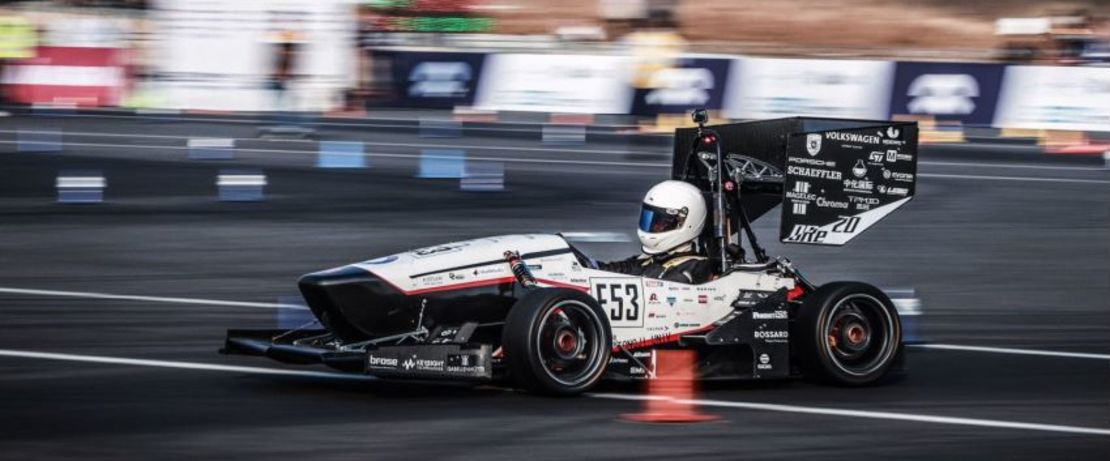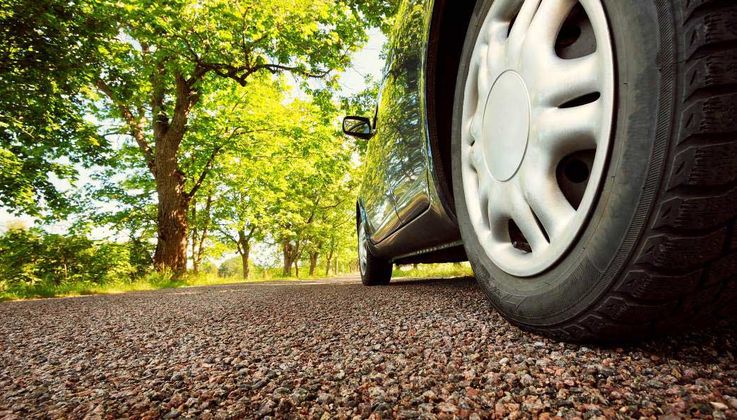
The technical formula 1
Formula Student is an experimental field for technicians: students from all over the world build their own racing cars and let them compete against each other. In the end, it's not just speed that counts, but the interplay of business elaboration and technical knowledge. Evonik supported the winning team as a sponsor.
At Formula Student, the focus is not on the driver, but on the technicians: The young engineers are allowed to let off all steam in the development and production of their lightweight racing car, with the exception of a few specifications. In addition to driving characteristics, a jury also evaluates the cost and business plan. The winner is not the fastest car, but the team with the best overall package of design, racing performance, financial planning and sales argument. The experience the students gain at Formula Student realistically prepares them for their future careers, where project management plays a role alongside engineering knowledge.
Formula Student China 2020 was won in the electric car category by the "DIAN Racing" team from Tongji University in Shanghai-and Evonik along with it. The specialty chemicals group supported the students as team sponsor with technical advice, advanced materials, and 3D printing technologies for the design and manufacture of the winning car. The team chose the ultra-lightweight high-performance rigid foam ROHACELL® for the body of their race car. To manufacture it for the battery module frame and the regulator housing structure, the young racers used 3D printing technology and Evonik's flame-retardant INFINAM® polyamide-12. 3D printing technology is good at producing complex structures, thus reducing vehicle weight, cycle times (time from start to finish of the manufacturing process) and costs. The winning team chose INFINAM® PA 6004 P to manufacture the components - such as the battery cell, electrical control system and aerodynamics kit. The high-performance material features high strength and processing precision as well as excellent flame resistance. Using 3D printing technology, the students were able to achieve a weight reduction of 1,000 grams in this component design alone.
Evonik has a long history of collaboration with DIAN Racing. The team had incorporated ROHACELL® as a core material in the body of the race cars in previous competitions. This time, the students additionally opted for 3D printing technology. "Their outstanding performance highlights the benefits of additive manufacturing in automotive applications - especially in terms of manufacturing efficiency, lightweighting and performance optimization. We look forward to working even more closely with the team in the future to explore further opportunities in material applications," says Fuchao Hong, Director of Performance Materials.


